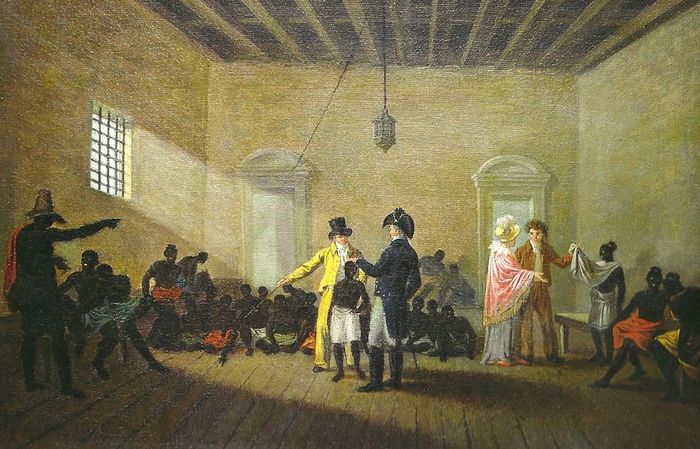The Spartans Prepare to Attack Samos
After listening to the pleas of the exiled Samians, the Lacedaemonians, also known as the Spartans, prepared for war and set out to attack...
Different Stories About the Samian Fleet
There are several different accounts about what happened to the Samians whom Polycrates sent away on ships. Some writers say that these men never...
Amasis Breaks His Friendship with Polycrates
When King Amasis of Egypt read the letter sent by Polycrates, he understood its meaning at once. The return of the signet ring, which...
Atys Challenges His Father’s Fear
Prince Atys answered his father with calm respect, but also with strong logic. He said that he did not blame Croesus for being afraid...
Croesus Refuses to Send His Son
King Croesus remembered the terrible dream he had seen earlier. Because of this, he answered the Mysian messengers with care and fear. He said...
A Stranger Comes to Sardis
While King Croesus was busy preparing the wedding of his son Atys, an unusual event took place in the city of Sardis. A man...
The Movement for Union in Eastern Rumelia
In Eastern Rumelia, the Bulgarian population, which made up five-sixths of the province's 1.5 million people, began organizing a movement to unite with Bulgaria.
The...
Bulgaria’s Strong Commitment to Its Future
The people of Bulgaria faced a difficult situation, but they were determined to build their future.
Soldiers joined the army with great enthusiasm, and the...
The Ottoman Empire and Bulgaria
The Ottoman Empire played a role in shaping history by keeping Bulgarian patriotism and resentment strong. Sultan Abdul Hamid II ignored the treaty that...
A Brothel Turned Bathhouse
At the main intersection of Curetes Street and the Marble Road in Ephesus, there was a brothel. This was identified by inscriptions found at...














